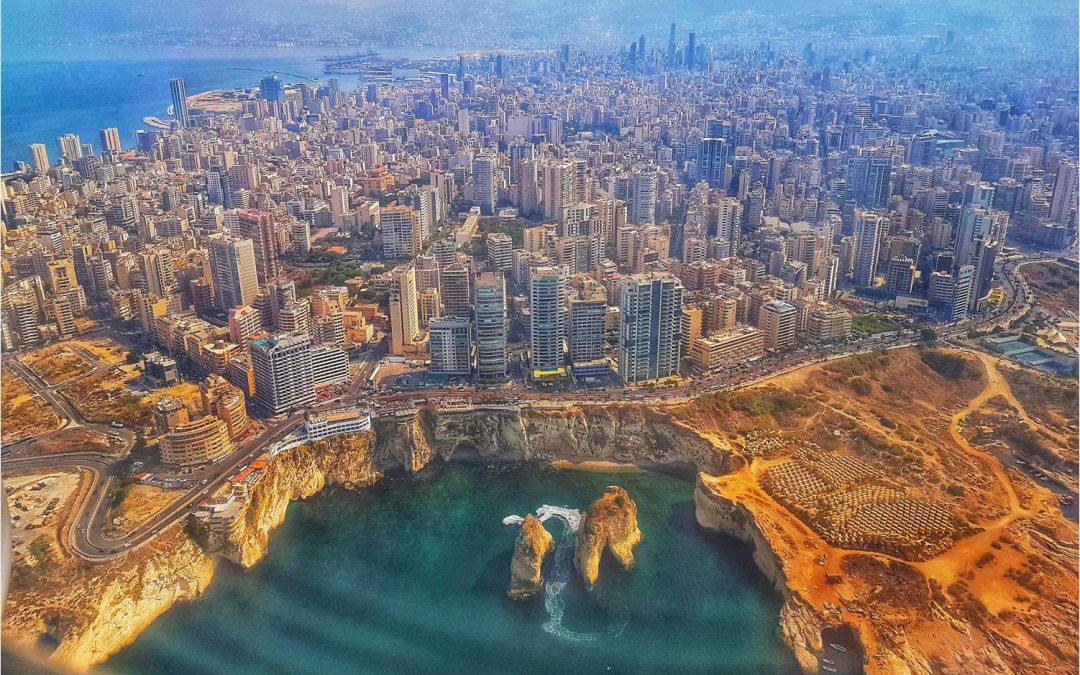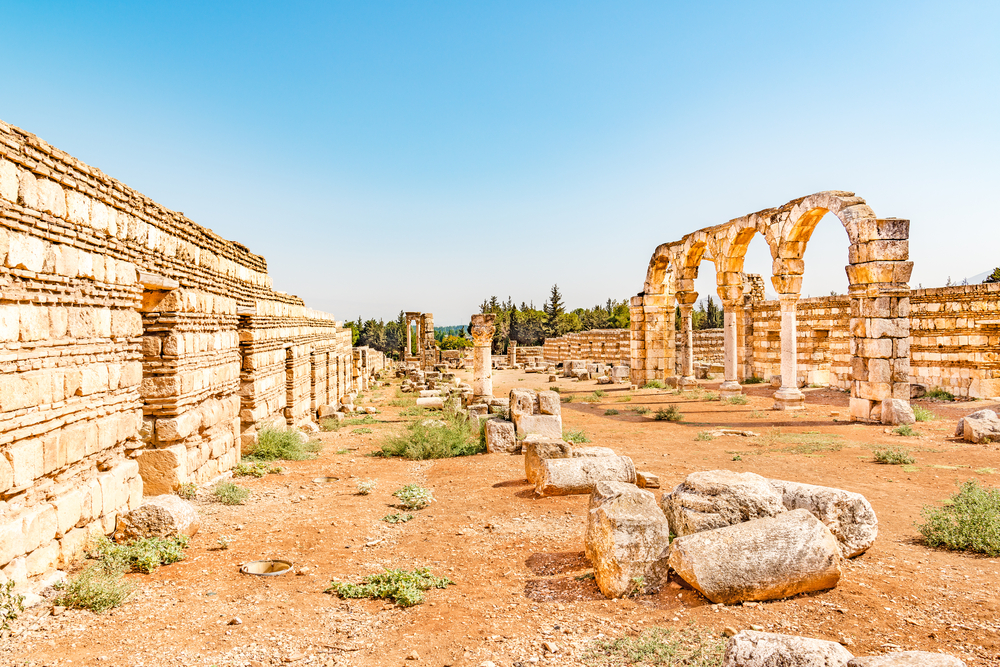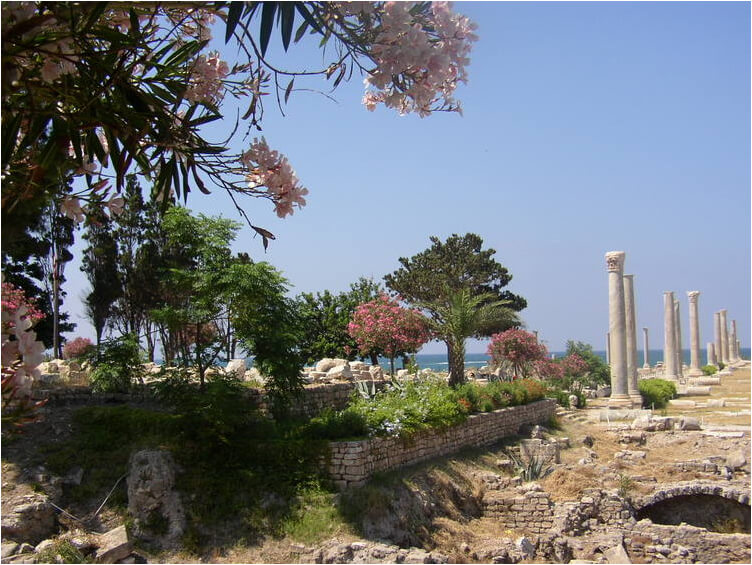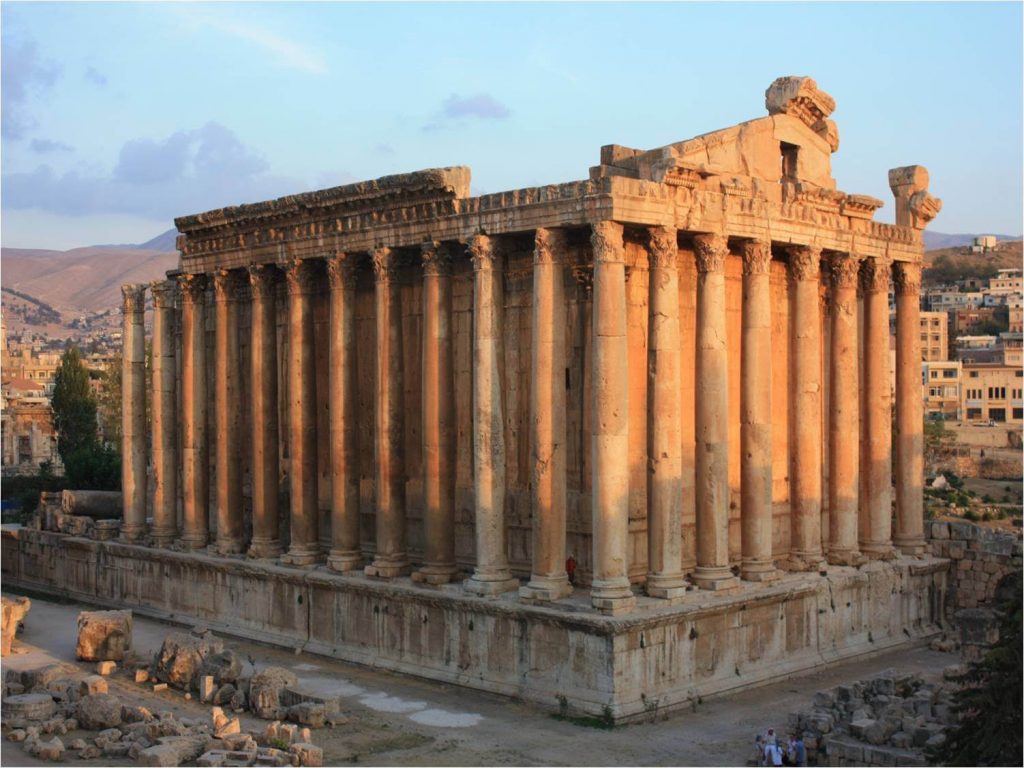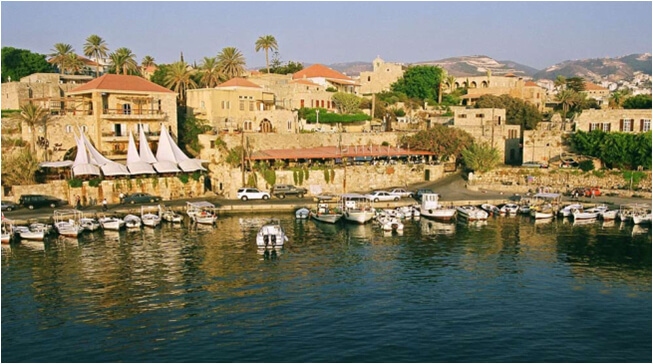Welcome to Min-On’s Music Journey! Today, the Min-On Concert Association and the Embassy of the Republic of Lebanon in Japan welcome you to Lebanon, a Middle Eastern country facing the Mediterranean Sea.
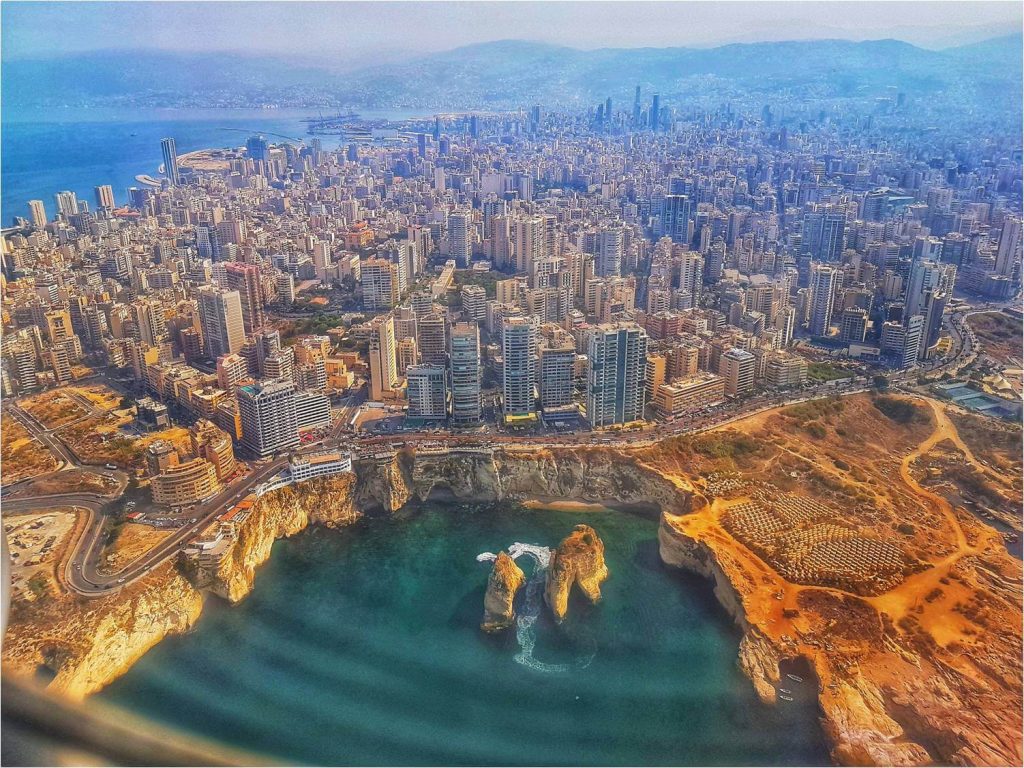
| Travel guide for Lebanon:
・Visit the National Museum in the capital of Beirut ・See the ruins of Baalbek, a World Heritage Site ・Try some local specialties here in Lebanon, a gourmet’s paradise ・Experience the music scene in Beirut |
Lebanon has a population of approx. 5.2 million people residing within a land area of 10,452 square kilometers. It is the only country in the Middle East that does not have a desert. Lebanon’s beautiful landscapes, including mountain ranges topped with snow, have earned it the nickname “Switzerland of the Middle East.”
On today’s journey, we will travel around to the most notable places in Lebanon while exploring Lebanese music.
Beirut, the warm and comfortable capital
Lebanon’s capital of Beirut is the center of culture and commerce, and home to a large portion of the country’s population. A very culturally diverse city, it has been called “a museum of all peoples and faiths across the Near and Middle East.”
Beirut is home to the largest museum of archeology in the country, the National Museum of Beirut. The museum has over 1,300 precious artifacts on display, including the sarcophagus of King Ahiram, the oldest surviving example of Phoenician script.
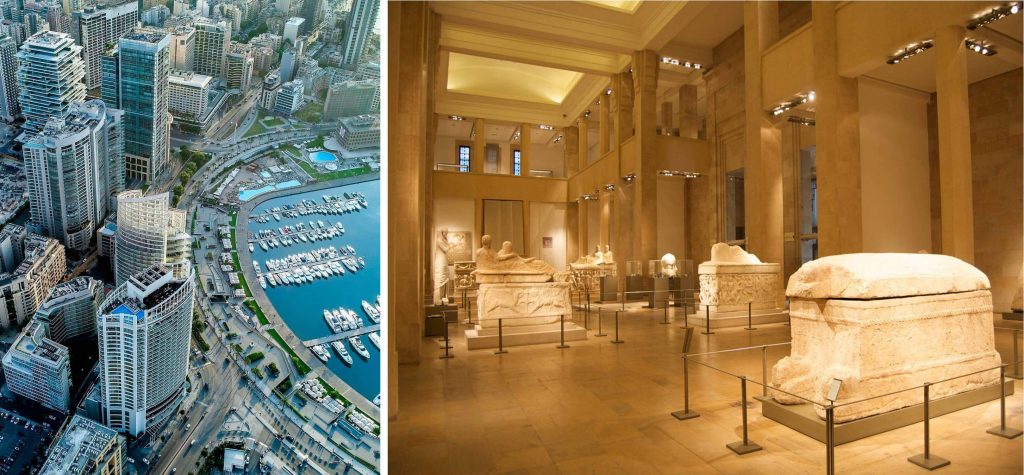
Beirut is the heart of commerce in the city, including many large shopping malls, markets and retail stores. It’s also home to many luxury hotels, stylish restaurants and amusement facilities, making it a convenient central base for any stay in Lebanon.
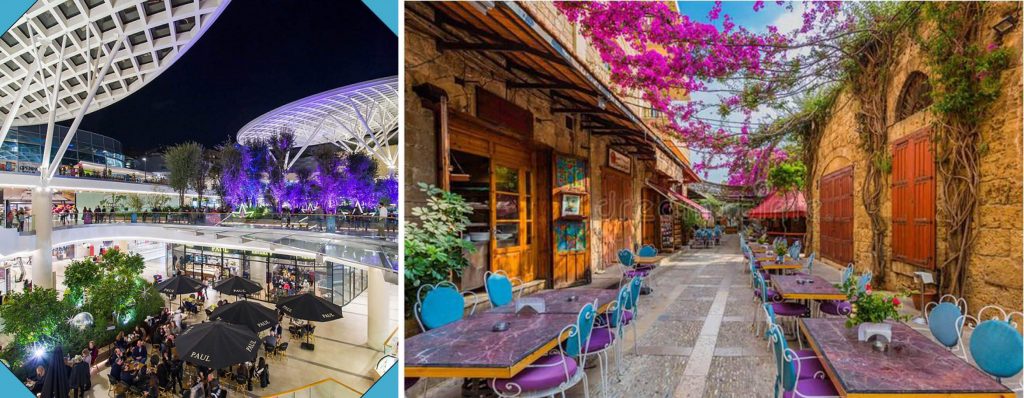
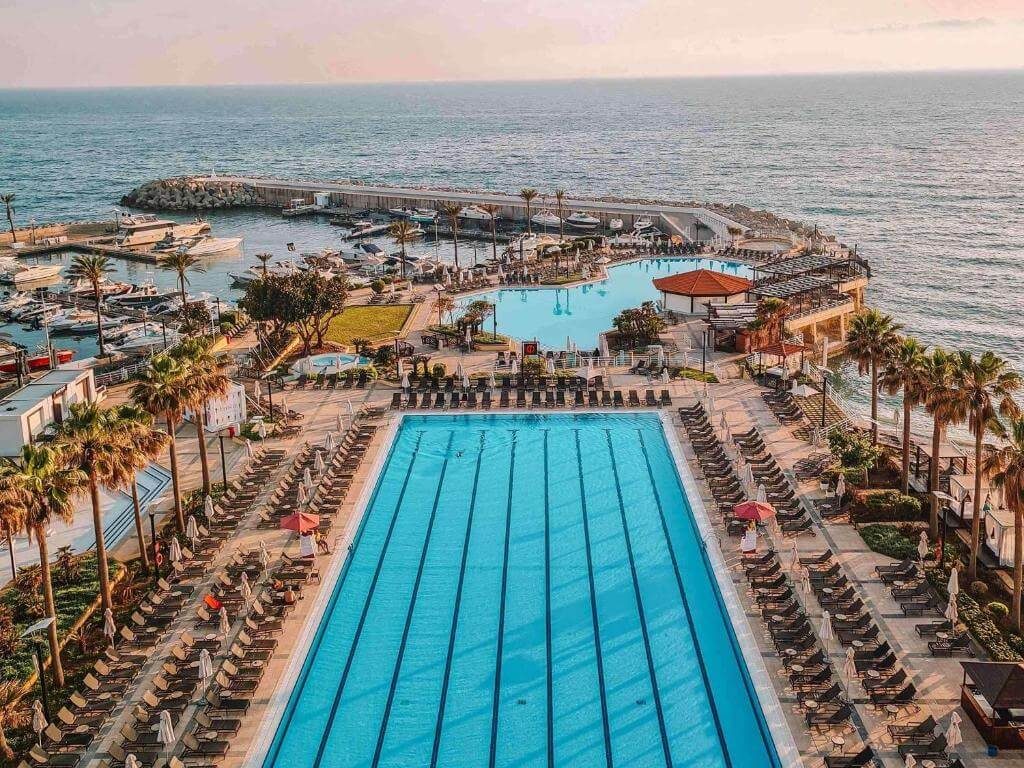
Outskirts of Beirut
There are many great places to visit in the outskirts of Beirut, including the Jeita Grotto, which has breathtaking scenery, Casino du Liban, which hosts many musicals and dance shows, and the Shrine of Our Lady of Lebanon on the hill in Harissa, which offers sweeping views of the gorgeous coast and cityscape below.

The Jeita Grotto (left) and The Shrine of Our Lady (right)
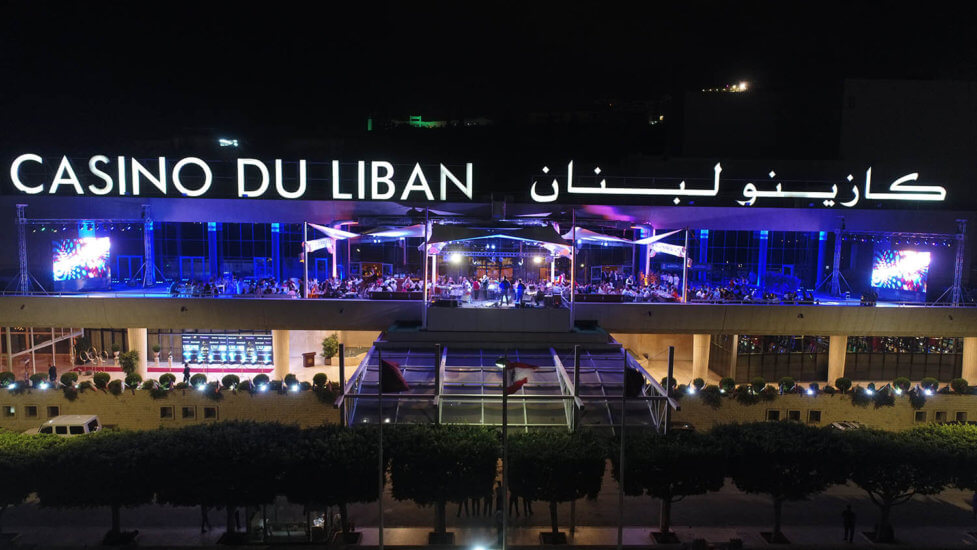
Casino du Liban
Five World Heritage Sites
Thanks to its long history, Lebanon has five World Heritage Sites, and you can see all of them on a single journey through the country.
| Anjar Ruins
・Ruins of a fortified city on the Bekaa Plateau
|
| Tyre Ruins
・Historic ruins facing the Mediterranean Sea
|
| Baalbek Ruins
・Ruins from the Roman era built on the Bekaa Plateau
|
| Byblos
・Ruins of a city thought to be the birthplace of the Phoenician civilization
|
| Ouadi Qadisha and the Forest of the Cedars of God
・A ravine and cedar forest found in the mountains of Lebanon
|
The Baalbek Ruins are one of the three largest ruins in the Middle East and Lebanon’s top sightseeing destination. The location also hosts music festivals and orchestra concerts, which is unusual and intriguing for a World Heritage Site.
Lebanon as gourmet paradise of the Middle East
Through incorporation of many different outside cultures, even among different culinary legacies in the Middle East, Lebanon is known as a country of outstanding food. While cuisine from all over the world is available, enjoying unique Lebanese cuisine makes for a memorable and enjoyable experience for any visitor.
The incredible variety of mezze
The defining feature of Lebanese cuisine is the dizzying variety of appetizers called mezze. The most common mezze include hummus, a paste made of chickpeas, tahini, garlic, lemon juice and spices, falafel, croquettes made from chickpeas, and baba ghanoush, a fragrant paste made from roasted eggplants.

Mezze (left) and hummus (right)
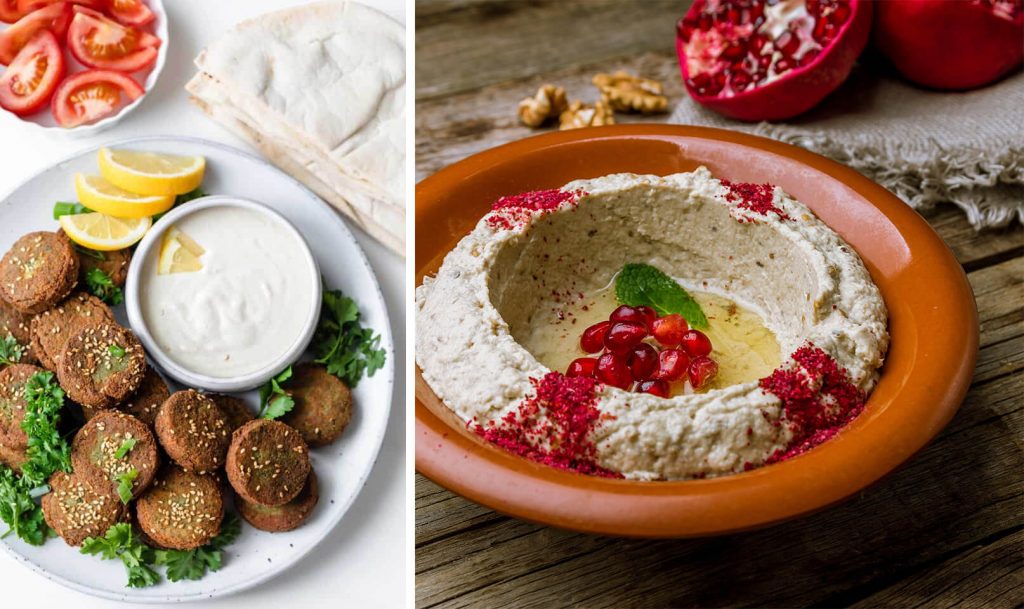
Falafel (left) and Baba ghanoush (right)
Wine, beloved since the Phoenician era
Wine has thousands of years of history, but it’s thought that Phoenicians first popularized winemaking along the Mediterranean coastline. Lebanon’s Bekaa Plateau has an ideal environment for wine production.
The location is considered a holy land for winemaking and is home to a number of prestigious wineries. They include Château Musar, which continues to enjoy worldwide acclaim, and Château Ksara, which has a long history dating back to its founding in 1857.
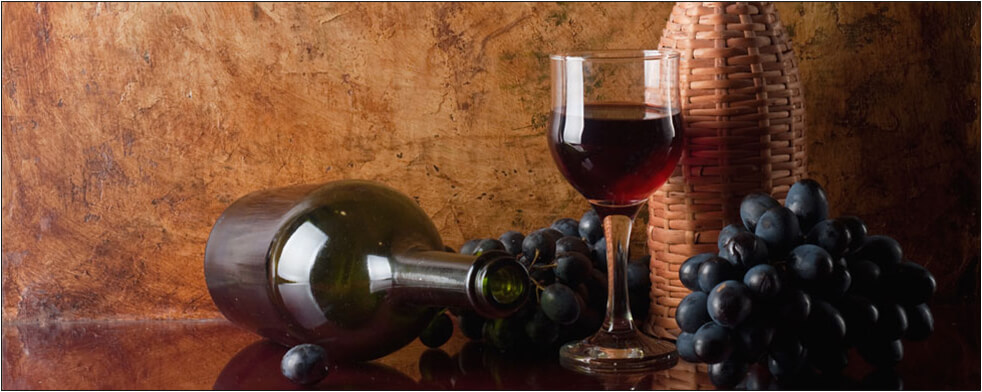
Lebanon’s music culture
Traditional instruments introduced via the Silk Road
Some of the country’s iconic traditional instruments include the oud, a stringed instrument, the mijwiz, a woodwind instrument, and the rebab, a single-stringed instrument played with a bow. All of these have been used for centuries in the Middle East and are loved for their unique sound.
Please enjoy the piece played on traditional instruments from the concert of The Fahed Abdallah Troupe for Lebanese Arts, hosted by Min-On in 2002
Dabka – traditional dance
The dabka is a traditional dance with ancient roots in different Arabic regions. The name means “stomping of the feet” in the Syriac language, and the basic style involves forming lines outdoors by linking arms or holding hands and then singing and dancing with lively steps.
Please enjoy the distinctive dabka dance performed by the The Fahed Abdallah Troupe for Lebanese Arts from the concert mentioned above.
Modern music and club culture origins
Starting in the 1990s, a disco scene centered on electronic music took root in Lebanon’s capital of Beirut. Ever since, Beirut has been the leader of the club scene in the Arab world.
Recently, artists who incorporate the essence of Arabic musical culture into modern electronic music, including unique Arabic rhythms and instruments, have started to become quite popular in Beirut.
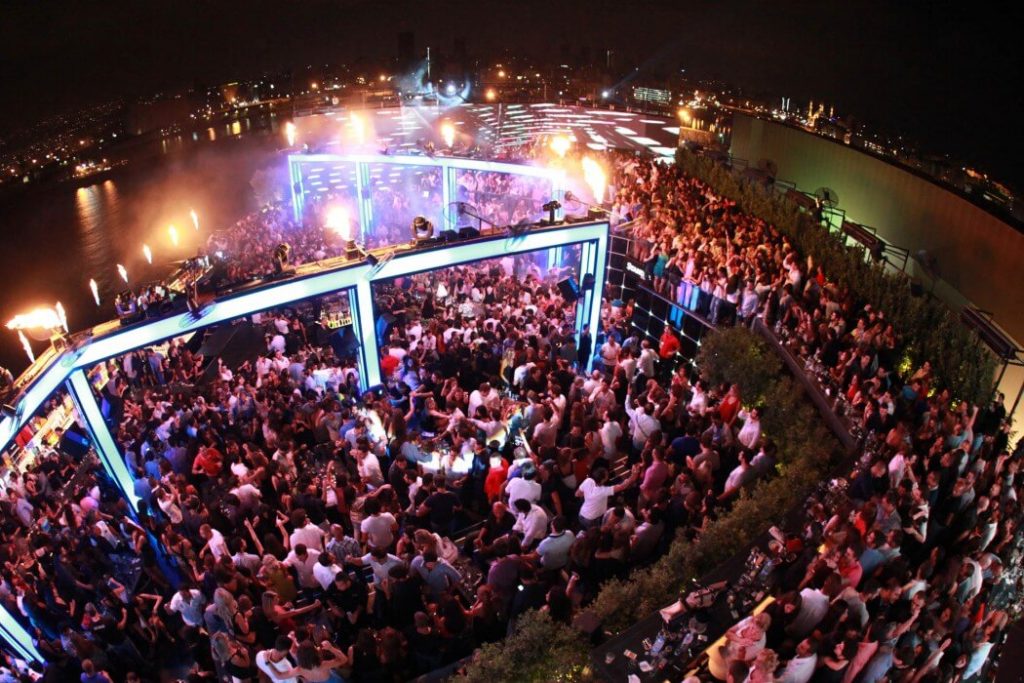
Musicians recommended by the Embassy of the Republic of Lebanon in Japan
In closing, we would like to introduce musicians recommended by the Embassy of the Republic of Lebanon in Japan.
- Fairuz
Kifak Inta
Fairuz: (Arabic: فيروز) Born November 21, 1934, is a Lebanese singer. She is considered by many as one of the leading vocalists and most famous singers of the Arab world. Fairuz is considered the musical icon of Lebanon and is popularly known as “the soul of Lebanon”. She began her musical career as a teenager and has received multiple tokens of recognition and awards throughout her career. Fairuz has recorded nearly 1500 songs, released more than 80 albums, performed in multiple musicals and sold over 150 million records worldwide, making her one of the highest selling Middle-Eastern artists of all time, and one of the best-selling music artists in the world. Throughout the years, she headlined at the most important venues in the world.
- Sabah
1979 صباح – زي العسل : الكويت
Sabah: (Arabic: صباح ) (November 1927 – 26 November 2014) was a Lebanese singer and actress. She participated in many Egyptian movies and songs. She started singing at a young age and released her first song at age 13. Sabah released over 50 albums and acted in 98 movies, and over 20 stage plays. She had a reported repertoire of over 3,500 songs. Sabah broke many records and performed at various international elite venues and opera houses. She married when she was 18 but would go on to marry nine more times, her final marriage was in 2013, at the age of 85. She was known as “Shahroura” (songbird). Numerous interviews and biographies document the diva’s legacy, Sabah commanded respect with her genuine kindness, honesty, and generosity.
- Majida El Roumi
Majida El Roumi: (Arabic: ماجدة الرومي) Born 13 December 1956 is a Lebanese soprano singer and United Nations Goodwill Ambassador. The El Roumi residence was a meeting place for many cultural figures as Majida’s father worked with many singers. Majida El Roumi is known and respected throughout the Arab World, and internationally not only for her beautiful singing voice but also for her work as a human rights activist. Her singing career began with her youthful gold medal for best female singer on Tele Liban’s Studio el Fan talent show when she was only sixteen. Her first solo album in 1977 was followed by concerts throughout the world. Majida El Roumi has also performed at several important international venues.
- Wadih El Safi
Dar Ya Dar
Wadih El Safi: (Arabic: وديع الصافي ) (November 1, 1921 – October 11, 2013) was a Lebanese singer and composer. He started his artistic journey at the age of sixteen. He was a Lebanese icon and the forefather of the country’s musical culture. He was the longest singer in production, Wadih EL Safi remained seventy-five years in the singing profession. Wadih El Safi has sung over 5000 songs. He was known amongst his peers to have incarnated and raised the ceiling of all the singing styles and music of that era and added his own intricate new styles and genres to the existing national musical and singing heritage. He has performed and recorded with many well-known Lebanese musicians such as Fairouz, and Sabah.
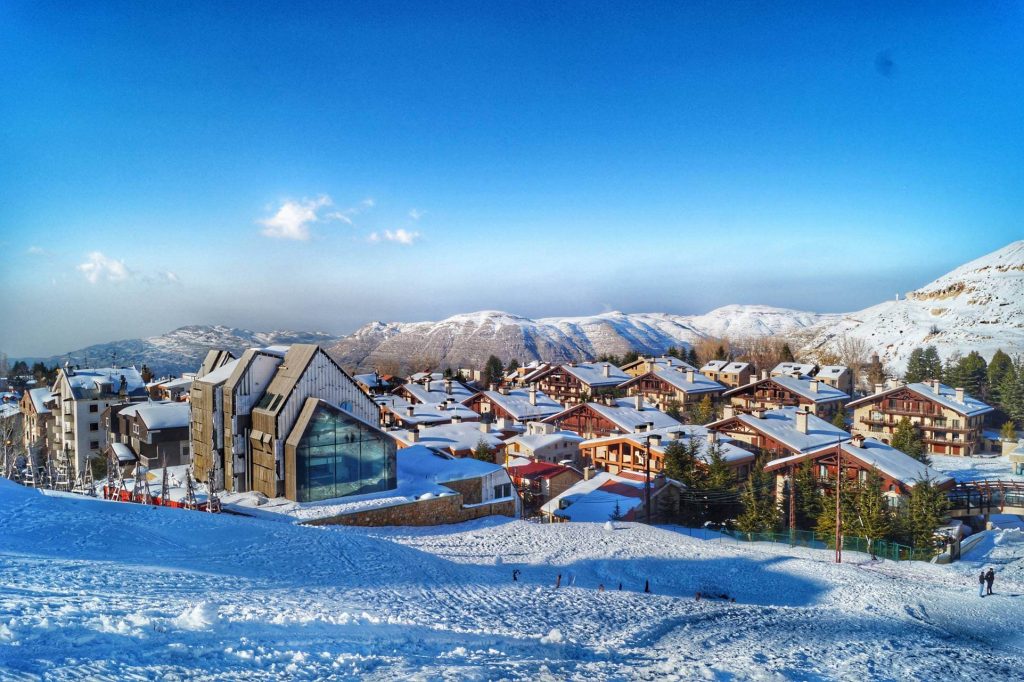
What did you think of your music journey to Lebanon? There are still many more places to go! Please look forward to our next destination.
(Produced in collaboration with the Embassy of the Republic of Lebanon in Japan, who also provided photos.)
Min-On Concert Association
-Music Binds Our Hearts-


